Recent research reports that 86% of accountants expect technology to drive their firms growth through 2023 and beyond.
Yet, challenges like the acquisition and retention of talent often compete for attention.
The question arises: which should come first?
- Technology is transforming the client relationship, 82% of accountants say technology is creating more meaningful client interactions.
- Practices are embracing platform solutions, 48% plan to invest in automation tools and artificial intelligence over the next 12 months.
- Fewer young professionals are entering the industry. However, 85% of accountants believe technology could help turn this around by allowing the development of more engaging work.


How does technology help?
According to industry data, firms who prioritise technology see a 33% higher retention / acquisition rate among employees. Significantly, 31% of practice’s reported a happier and more engaged team.
This article explores how technology adoption and talent management can synergistically benefit your practice.
The Challenges: What Competes for Your Attention?
According to a recent survey by the Association of Chartered Certified Accountants (ACCA), two-thirds of firms are finding it difficult to recruit the right talent.
According to a recent survey by the Association of Chartered Certified Accountants (ACCA), a significant two thirds of accounting firms report challenges in attracting the right talent, a problem that is especially pronounced in smaller practices with limited resources for recruitment and retention.
The root causes of this talent shortage are multifaceted, encompassing a waning interest in the accounting profession among younger generations and the lure of alternative career paths which also value accounting skills.
The urgency to address this issue is palpable, as the profession stands at a precipice where the talent gap could widen further.
One promising avenue for resolution lies in the strategic adoption of technology, specifically cloud-based solutions, automation, and AI. These technologies not only streamline operations but also make the profession more appealing to a younger, tech-savvy demographic.
While cloud technology has been widely adopted in client-facing roles—accelerated by initiatives like Making Tax Digital and the remote work surge during the pandemic—its application in other practice areas has been surprisingly limited.
Many routine and ‘back-office’ tasks are still tethered to desktop environments, with data fragmented across disparate locations, thereby inhibiting the full potential of automation—a technology that could significantly elevate operational efficiency.
While there are reservations that technological advancements could render human accountants obsolete, such fears are largely unfounded. Automation and AI can handle repetitive tasks, but the nuanced judgment and decision-making capabilities of human professionals remain irreplaceable.
Moreover, the next generation of accountants, who are inherently more comfortable with technology, will naturally gravitate towards firms that are tech-forward. Failing to adapt to this changing landscape risks alienating this new pool of talent.
In an era where the recruitment and retention of skilled professionals are pressing concerns, the strategic embrace of cloud technology and automation could serve as a dual solution: alleviating immediate staffing pressures and enhancing the profession’s appeal to the next generation of accountants.
Navigating Hiring Challenges in a Transforming Accounting Landscape
The accounting sector is in a state of flux, adapting to new technologies and expanding scope of services. Despite these shifts, job satisfaction within the profession remains robust. A notable 69% of accountants report being content in their roles, and an impressive 82% would advocate for a career in accounting to emerging professionals.
Despite this positive outlook there are significant challenges: 90% of accountants have faced difficulties in hiring over the past year. At the heart of this issue is a diminishing influx of young professionals into the field. A staggering 94% of accountants identify the reduced number of graduates entering the profession as a major hurdle to both hiring and retention.
In response to this talent gap, 36% of accountants are focusing on mentorship programs for younger professionals as a strategic move to gain a competitive edge. Additionally, the scarcity of young talent is underscoring the importance of succession planning, with 87% of accountants acknowledging it as a priority for their business’s long-term sustainability.
Looking to the future
The promising news is that technology offers a viable solution to these challenges. A significant 85% of accountants believe that adopting technologies that facilitate more engaging and meaningful work can serve as a magnet for attracting young talent. This technological shift is seen as a revitalising force for the industry. Other strategies for talent retention include financial assistance for qualifications (36%), offering avenues for career advancement (36%), and targeted training programs (36%).
The challenges of skill gaps and time constraints are real but surmountable. Firms that have adopted technology report not only operational benefits but also a significant advantage in attracting and retaining talent. When you invest in technology like VFD Pro, you’re not just making a business decision—you’re investing in your most valuable asset: your people.

